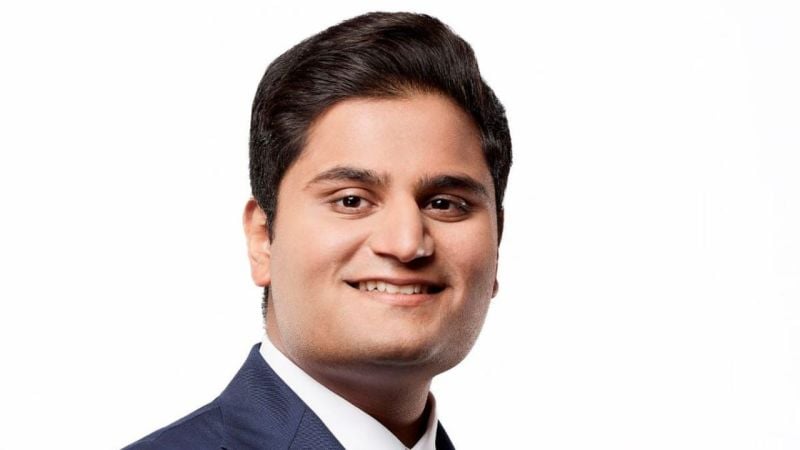
Jeet Adani, director of Adani Airport Holdings Limited (AAHL), the company that manages 7 major airports of the country, has told about his ambitious plans. He has also announced an ambitious Rs 1 trillion capital expenditure plan in the airport business.
Expected to attract 1 trillion investments
The trigger points also highlighted the commercialization of Navi Mumbai Airport and its sustainability before listing of AAHL. Jeet Adani, 27, an engineering graduate from the University of Pennsylvania and head of Adani Group’s digital and defense businesses, outlined his vision for the airport business. He said the Adani Group is expected to attract investments of about Rs 1 trillion in the coming years.
We do not want to take even a single rupee from airlines: Jeet Adani
Jeet Adani said, “We do not want to charge the airlines. Our ultimate goal is to make it free for airlines to operate at airports. Our intention is to derive our full returns only from city fringe development and non-aeronautical sources. Then we don’t have to fight with the regulator (AERA, which sets charges for airports).”
Talking about aero versus non-aero revenue share in AAHL, he said, “We want aero revenues to be a share of non-aero revenues in the next five years. Currently the share of aero vs non-aero is 55 vs 45. Efforts will have to be made to add about 10-15 percent in the next five years. We think that in 10-15 years, the revenue share of aero will come down to less than 10 per cent because once the city develops, it will contribute about 40-50 per cent of the total revenue.
Talking about airlines, Jeet Adani said that there are strong airlines on short and long distance routes in our country. “Air India and IndiGo currently have more than 90 per cent share in the domestic passenger market. The positive for the airport is that a large number of Indian passengers will use the Indian hub for international travel.
We can talk about 10 year plan with Air India
Expressing his views on consolidation, Jeet said, “I think the advantages of off-airline consolidation outweigh the disadvantages. I am more excited about this because finally we can discuss a 10-year plan with Air India. If Air India wants to make Navi Mumbai Airport its hub, then we can start planning it from now.
“Navi Mumbai airport will be operational by March 2025,” says Jeet. It has been decided to start the second phase after the completion of the first phase by March. Construction of Phase 2 was initially planned to begin in 2027 or 2028. Non-aero revenues have almost tripled since we started our airport business. The non-aerogrowth move is going to take place over the next two years. This will be a huge revenue generator. Once these three things are accomplished, AAHL’s EBITDA, which is around $300 million today, will grow to $1-1.5 billion.
It will cost around Rs 20,000 crore to build a new terminal at the airport.
As an airport operator we contract everything. We build a building and different companies come and work there. Our entire strategy on non-aero revenues requires ownership of everything from car parking, duty free, lounges, food and beverage (F&B), retail services etc. Talking about the AAHL’s plans for the next five years, Jeet says, “The way we have done our financing and everything. This amounts to over Rs 1 trillion for the next five years. The expansion of the existing terminal and construction of a new terminal at the airport will cost approximately Rs. Rs 20,000 crore will be used.
Rs 20,000 crore will be used for initial urban development projects at the airports of Mumbai, Ahmedabad, Lucknow and Jaipur. About Rs 18,000 crore will be used in the construction of the second phase of Navi Mumbai airport. We spent around Rs. Rs 20,000 crore is also being kept aside. If an international opportunity becomes available to us, we keep that money.”
 look news india
look news india